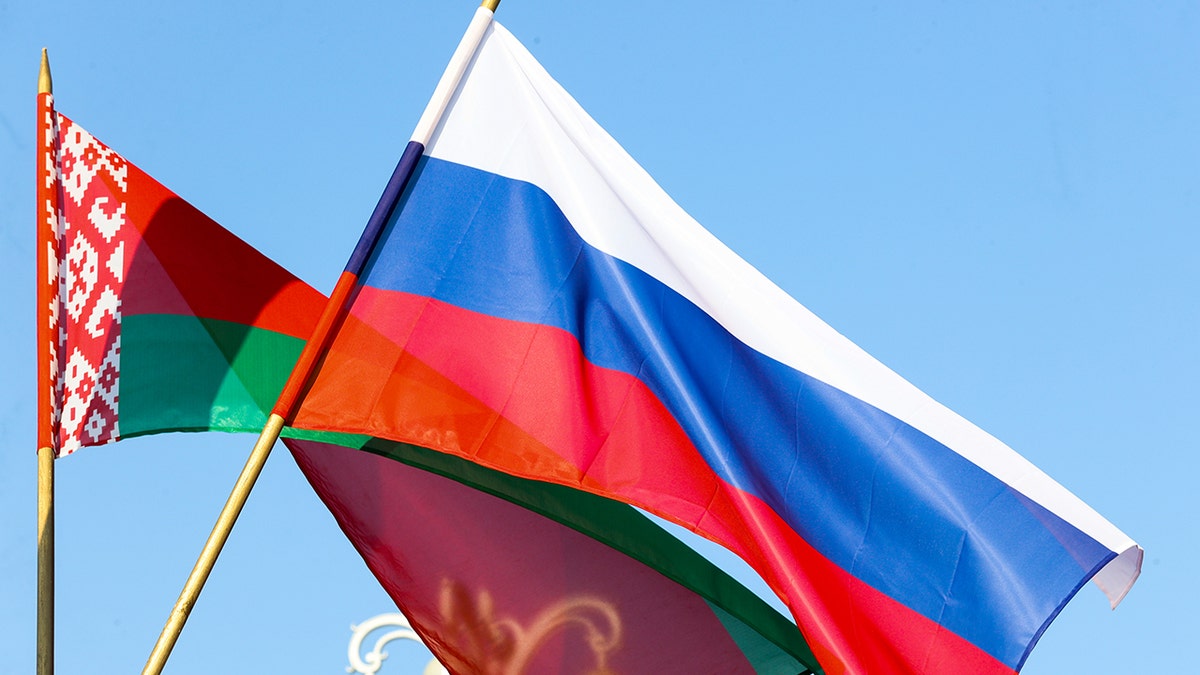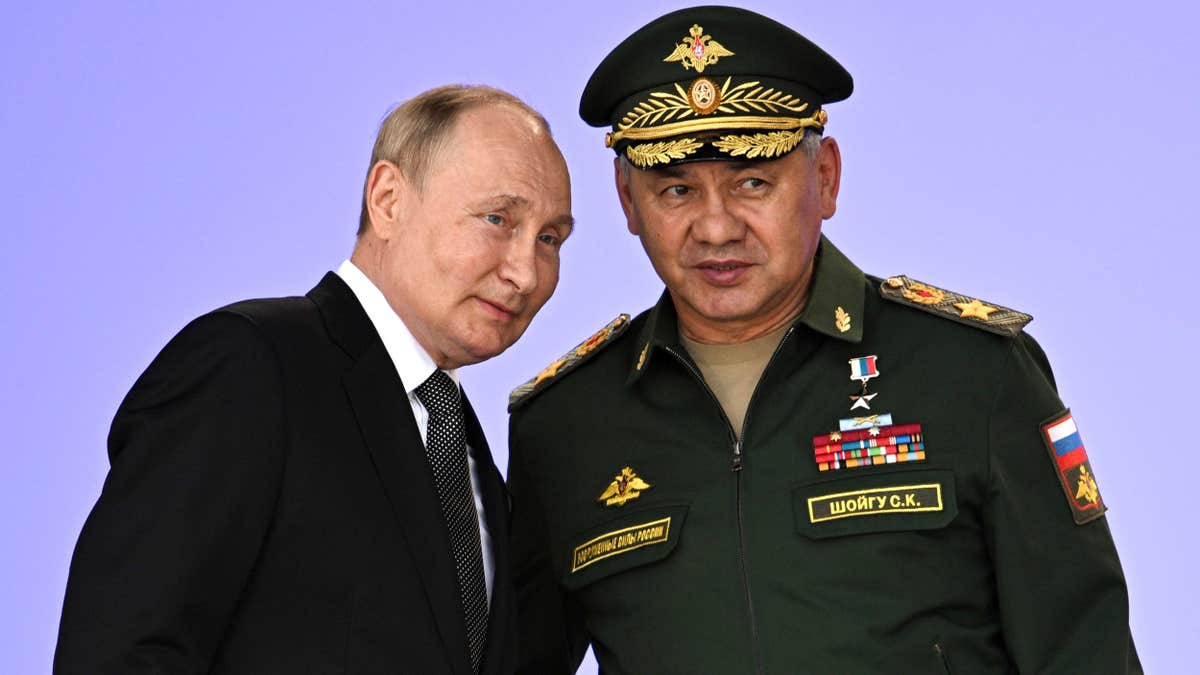Russian journalist Oleg Kashin about the influence of the Russian propaganda machine
Fox News' Amy Kellogg interviews expatriate Russian journalist Oleg Kashin about the rising influence of the Russian propaganda machine on Russian's view of the Western World
A Moscow research center has found that 59% of Russians don’t see any value in Western civilization, democracy and culture. These are numbers that have been on the rise in that country since 2000. The Kremlin’s formidable state propaganda machine appears to be winning the hearts and minds of Russians. I asked journalist Oleg Kashin why he thinks this is so.
"Nobody knows," he tells me. A well-known reporter in Moscow, Kashin was beaten up outside his home after covering protests against the construction of a highway through protected land in 2010. Now he lives in London.
His theory is that after Vladimir Putin came to power at the start of the millennium, Russians’ standard of living rose to unprecedentedly high levels and people rode a wave of contentment. They didn’t necessarily express satisfaction loudly. But it was there, implicit. And, of course, state television has for some time been villainizing the West. But increasingly, Kashin believes, in this time of war, the regime will expect full-throated support where there is now what he calls "collective silence" about what is happening in Russia and Ukraine. So far, he doesn’t see "the noise."
"Who is the face of Putin’s war? The first face is Putin. The second face is Medvedev, and it’s funny because at the beginning of the twenty-first century, Medvedev was the leader of liberals in the Kremlin. And the third person is Ramzan Kadyrov," he says. "The Chechen dictator, maybe, but it’s impossible to find even 10 famous Russians who support the war in public."

Russian and Belarusian flags wave during a wreath laying ceremony at the Victory Monument. (Ramil NasibulinTASS via Getty Images)
KREMLIN BLAMES UKRAINE FOR MOSCOW CAR BOMBING, NAMES WOMAN WHO ALLEGEDLY CARRIED OUT ATTACK
He doesn’t sense a whiff of impending palace coup, either. Kashin says the system has been stacked against options and "plans b" since the time of late President Boris Yeltsin. It’s all but coup-proof, he says.

Philosopher Alexander Dugin, left, attends a farewell ceremony for his daughter Daria Dugina in Moscow, Russia. (AP Photo/Dmitry Serebryakov)
"I think the strongest fear of Putin’s is revolution, like Ukraine, like in the Middle East, like Georgia. The entire political system since 2004 is built to avoid any revolution."
I asked Kashin whether the assassination of Daria Dugin, an ultra-nationalist journalist and advocate of Putin’s policies, will strike fear into the hearts of other Kremlin allies.
"I know the structure of Russian public opinion and influence on their minds. Tomorrow there will be another news. And I’m not sure that at the end of this week Dugina will be on the front pages of Russian newspapers. Nobody remembers what was a month ago, two months ago. Nobody remembers Bucha. Nobody remembers the cruiser Moscow. I think it’s an artificial defect of Russian public opinion constructed by the Kremlin," Kashin tells me.

Russian President Vladimir Putin (left) vows to strengthen Russia's military cooperation with its allies at the Army 2022 International Military and Technical Forum in the Patriot Park outside Moscow, Russia. (Sputnik, Kremlin Pool Photo via AP)
US WARNS RUSSIA MAY INCREASE CIVILIAN STRIKES AS UKRAINE'S INDEPENDENCE DAY NEARS
I ask how important Dugina’s father, Alexander Dugin, is for public, and more importantly, Kremlin opinion-forming in Russia. He claims that so many intellectuals were busy trying to make a dime or privatize their institutions in the 90s that there was a dearth of ideas for building the future state when, Kashin says, "Russian resentment was born, when a lot of people felt like losers." Dugin’s ideas were handy.
CLICK HERE TO GET THE FOX NEWS APP
He still thinks that while Putin’s grip on power may be rock solid and opposition is silenced, there is one threat to his way of ruling, and that is the Ukrainian army.
"Even if the war will stop today, with the present front lines, I think it could lead to political change in Russia. Maybe Putin will need to make that change. We have historical experience — after the Crimean War in the nineteenth century, after the First World War, when Russia had the Revolution, after the Afghan War because it led to ‘perestroika.'" But then, he adds, there was "the Chechen War which made Putin president."








































